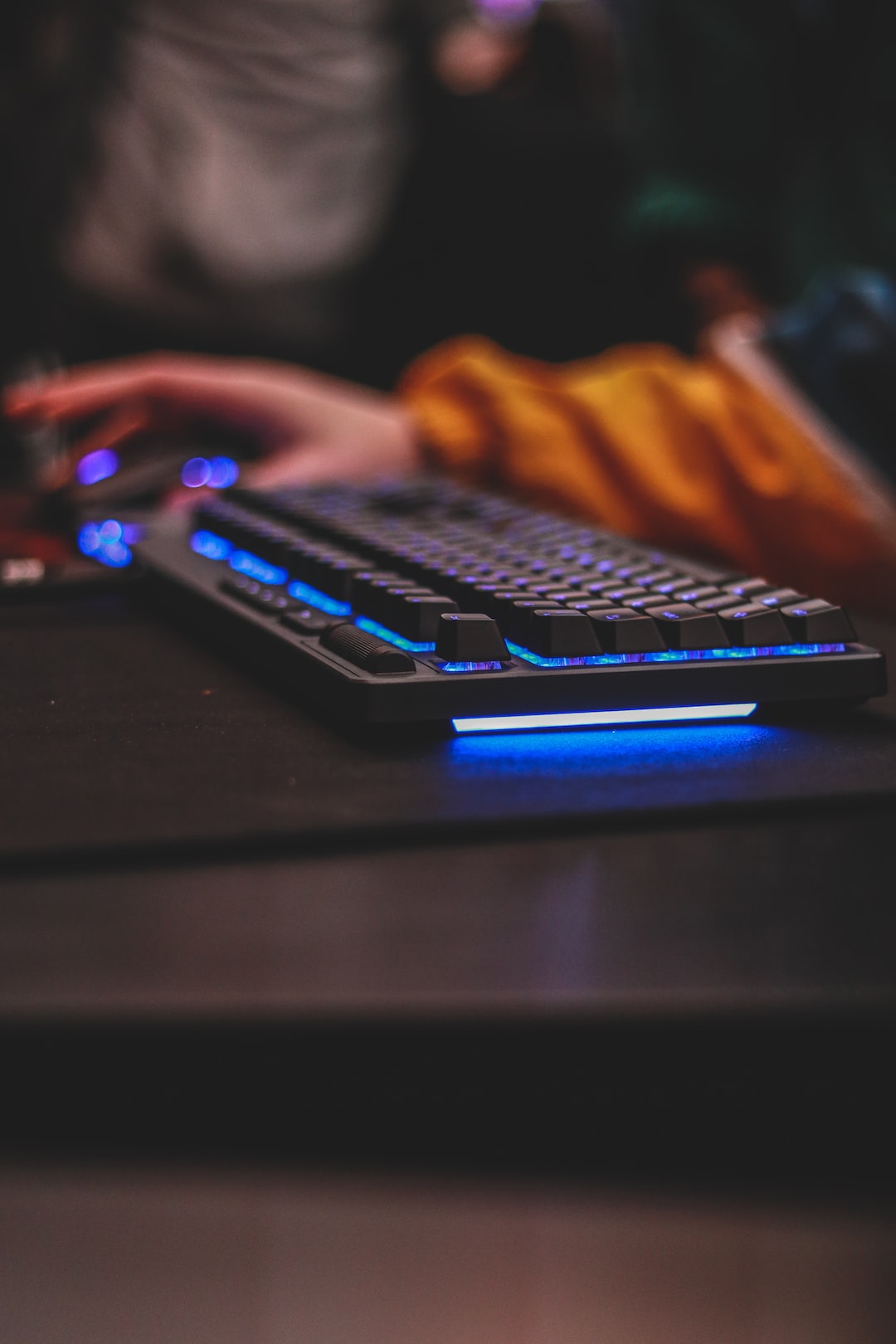The Dark Side of Gaming Addiction: A Look at the Impact on Mental Health
Gaming addiction, also known as gaming disorder, is a phenomenon that has become increasingly prevalent in recent years. With advancements in technology and the increasing popularity of video games, more and more people find themselves falling into the grips of this often overlooked addiction. While gaming itself can be enjoyable and even beneficial in certain contexts, excessive and obsessive gaming can have severe consequences on mental health. In this blog post, we will delve into the dark side of gaming addiction and explore the detrimental impact it can have on one’s mental well-being.
It is essential to understand that gaming addiction is not simply a matter of spending too much time playing video games. Instead, it encompasses a compulsive need to play and an inability to control gaming behavior, even when it starts negatively affecting various aspects of life. Similar to other substance or behavioral addictions, gaming addiction can have a significant impact on mental health, leading to a range of psychological issues.
One of the most common mental health problems associated with gaming addiction is depression. When individuals spend excessive amounts of time gaming, they often withdraw from the real world, neglecting their relationships, responsibilities, and hobbies. This social isolation can take a toll on mental health, leading to feelings of sadness, loneliness, and despair. Moreover, the constant engagement with video games can disrupt the brain’s reward system, resulting in a decrease in dopamine production, further intensifying depressive symptoms.
Anxiety is another mental health issue frequently seen in those struggling with gaming addiction. The pressure to achieve goals, complete quests, or reach higher levels in video games can create a constant state of stress and anxiety. In highly competitive gaming environments, individuals may experience intense performance anxiety and fear of failure. This constant stress can lead to the development of generalized anxiety disorder, panic attacks, and even social anxiety, as the individual becomes increasingly isolated from real-life social interactions.
Gaming addiction can also have a detrimental impact on sleep patterns, leading to insomnia or disrupted sleep. Many gamers tend to play late into the night, often forgoing sleep entirely or getting only a few hours of sleep. This irregular sleep pattern can disrupt the body’s natural circadian rhythm, leading to a range of mental health issues. Sleep deprivation can exacerbate symptoms of depression and anxiety, impair cognitive function, and increase irritability and mood swings, further compromising one’s overall mental well-being.
In addition, gaming addiction can contribute to the development or worsening of attention deficit hyperactivity disorder (ADHD) symptoms. The constant stimulation and fast-paced nature of many video games can make it challenging for individuals with ADHD to regulate their impulses and sustain attention on real-life tasks. This can lead to difficulties in academic or occupational performance, relationship problems, and increased frustration and irritability.
Furthermore, gaming addiction can lead to a loss of self-esteem and an overall decline in mental well-being. As individuals become more engrossed in the virtual world, they may feel a sense of worth and accomplishment solely within the gaming realm. This can result in a decreased sense of self-worth in real life, as individuals may compare themselves unfavorably to the achievements of their virtual avatars or feel inadequate when faced with real-life challenges. This loss of self-esteem can exacerbate feelings of depression, anxiety, and social isolation.
It is crucial to recognize and address gaming addiction as a serious mental health issue. If you or someone you know is battling with gaming addiction, seeking professional help is essential. Cognitive-behavioral therapy (CBT), individual counseling, and family therapy can be effective in treating gaming addiction and addressing underlying mental health concerns. Additionally, developing healthy coping mechanisms, setting boundaries, and incorporating alternative hobbies and activities into one’s daily routine can help individuals regain control over their gaming habits and improve their overall mental well-being.
In conclusion, while gaming addiction may often be dismissed or overlooked, it can have severe consequences on mental health. From depression and anxiety to sleep disruptions and self-esteem issues, the dark side of gaming addiction should not be underestimated. Taking proactive steps to address and treat gaming addiction is vital to ensure individuals receive the necessary support and regain control over their lives.

